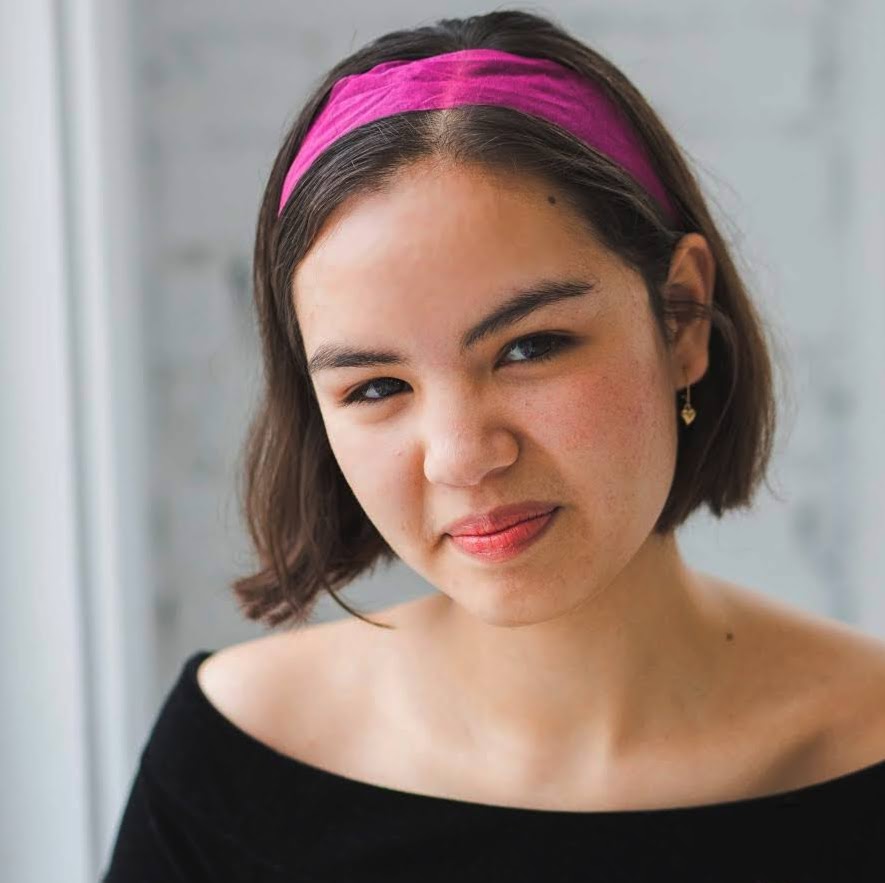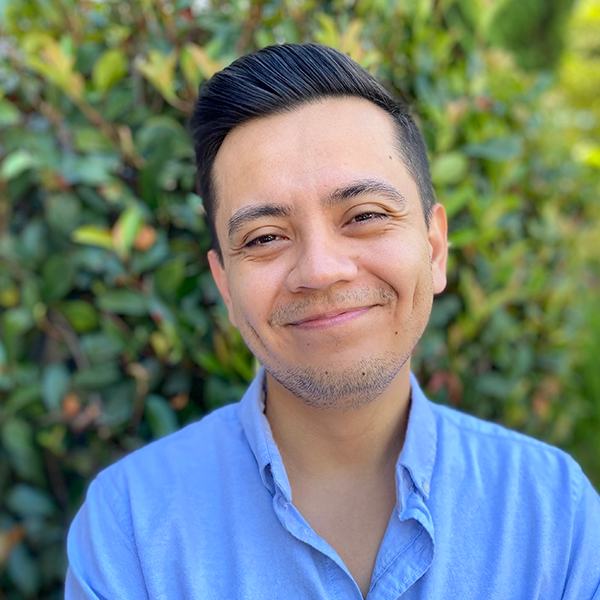|
September 2022 Newsletter
|
Summer Round-up: Program Trainings & Partnerships!
It’s been a busy summer filled with important partnership trainings aimed at preparing our folks for the battles ahead, including the 2022 midterms. Here are some highlights from some of our recent partnerships!
Four Freedoms Fund
In June, we launched a twelve-week integrated voter engagement cohort for Four Freedoms Fund to train their immigrant-rights based grantees on campaign management. There were 20–25 BIPOC participants at any given time representing different organizations within the FFF grantee ecosystem, such as Mi Familia Vota, LCF Georgia, Nebraska Appleseed, North Carolina Asian Americans Together (NCAAT), and La Union Del Pueblo Entero (LUPE). Many of these organizations were representing the local immigrants rights fight taking place in Texas, Georgia, North Carolina, Florida, Nebraska, and Arizona to name a few.
re:power Fund staff and trainers supported the leadership of many new organizers on utilizing platforms like VAN, introduction to digital organizing, how to base build alongside direct voter contact, identifying tactics, creating an effective and winning field plan, and even managing up as a middle manager. The cohort really leaned into bi-weekly coaching sessions held by re:power trainers and felt supported throughout the time in the program.
Here are a few reflections from participants:
“The coaches are clear and helpful in explanations. They lead and not tell.”
“Direct Voter Contact training was definitely the most useful since it was tailored specifically to our org.”
“It was nice to be directly asked the question and have my coach to talk it through with. I got some good feedback with good follow up questions.”
“I needed basic campaign ideas, tips and tricks and Victoria definitely provided! Things simply like ‘how many times does someone need to see your messaging’ during a campaign.”
Highlights:
- Deeper understanding in creating field and campaign plans as well as cutting turf.
- Participants appreciated authentic in the field experiences of the coaches.
- Re:Power coaches helped orgs create strategic and targeted universes for C3 plans.
Run For Something
Throughout the month of September, we partnered with Run for Something Action (RFSA) to launch a County Clerk candidate campaign management program for eight candidates in Denver and Texas who are in the midst of active campaigns to seek the role of County Clerk, also known as Election Administrators, during this year’s midterm elections in November. RFSA recruits and supports young, diverse progressives to run for down-ballot races in order to build sustainable power for Democrats in all 50 states. RFS aims to lower the barriers of entry for these candidates by helping them with behind-the-scenes mechanics, tactical and strategic support, advice, mentorship, access to training, and everything in between.
RFSA sought out a partnership with us to train their Democracy Defenders candidates on effective campaign management, digital security, VAN, and fundraising. We held four weekly sessions with eight weeks of coaching hours to support the candidacy of this important role throughout local democracies. At re:power, we understand the importance in this political moment to protect the integrity of elections at all levels of government following the failed insurrection of 2021 and the Big Lie campaign led by the extremist Right. We supported the campaign management learnings of 8 county clerk candidates in Colorado and Texas.
Here are a few takeaways from the program:
“Kemi made the information accessible to me. The links were helpful to test my phishing skills. I like the music ahead of time, it helps set the mood and gets some energy flowing before a two hour session.”
“There is so much I wish I had known when I raised my hand to be a candidate… Thank you for educating candidates in such a powerful way.”
“Following the fundraising training, one candidate pitched to the entire Zoom their fundraising messaging for their campaign and was able to raise $100 from the call as practice!”
New Pennsylvania Project
The New Pennsylvania Project (NPP) is a voting rights organization founded in 2021 to expand Pennsylvania’s electorate so it reflects the Commonwealth’s demographically changing population. NPP is engaging and empowering young residents and those living in underrepresented and often neglected communities of color and immigrant communities to vote, providing education about the issues that matter in their neighborhoods and mobilizing the electorate to vote in every election—twice a year.
We partnered with the New PA Project and New PA Fund on a 3 month strategic planning process, culminating in a Board retreat. The process successfully laid the groundwork for launching the New Pennsylvania Project Fund and building a shared vision of success for the New Pennsylvania Project moving toward 2024.
New PA Project Board members and senior staff gave rave reviews for the retreat we facilitated. Some examples:
“Thank you SO much for your time, work and expertise in facilitating!”
“The shift to focus on more actionable items vs. getting through the agenda was helpful.”
“Willingness to be flexible and not have a rigid approach to getting through the agenda was excellent.”
Highlights
- We field tested a new, more flexible model for strategic planning especially geared toward organizations and leaders who aren’t familiar with strategic planning, are in constant mobilization mode and are seeking to balance planning with action. We approached the planning process as an opportunity to learn and teach about the components of the process, had a flexible and collaborative process for prioritizing deliverables based on real time capacity and needs, and held regular working sessions with a clear division of labor to meet our goals.
- We focused on shared vision and values as well as opportunities and challenges at the Board Retreat. This helped create a sense of unity and purpose and inspired Board members about the work ahead.
State Courts On the Power Map—Ohio Launch
Partners: Ohio Organizing Collaborative, Lead Ohio, Buckeye Institute for Justice
The launch of our pilot project to train state leaders and organizations to navigate the state courts as key decision-makers on the issues we’re fighting for. This was a 3-part series, beginning with a state launch for organizational leaders in July, followed by a 2-part training series in September geared to community members and organizers, to provide context on the important role of state courts and deliver training focused on moving people to action.
Anchor organizations included Ohio Organizing Collaborative, and Lead Ohio Fund, and participants came from multi-racial constituencies, including Faith leaders, students, voting rights organizers, criminal justice organizers, electoral campaigners, and aspiring candidates.
The curriculum is a first of its kind: geared toward BIPOC participants, particularly women and non-binary folks; focused on navigating a new and critical organizing arena–state courts. It was co-created and co-facilitated by re:power and Ohio leaders in a collaborative process that elevates the expertise and knowledge of folks on the ground while also providing the national context, strategy and training re:power Fund brings to the table.
The curriculum addresses a critical need for BIPOC organizations and leaders to learn more about this organizing arena, as decisions about our bodily sovereignty, right to vote and other key issues increasingly move to the state courts—and in many states, judges are up for election in November.
Highlights
- Great participation in all three events, with 75 organizational leaders at the launch, 60 folks at the first training and 40+ at the second.
- We exceeded our goal for recruitment of our first SCPM training team, drawing seven WOC from all over the country from a range of backgrounds, including organizing in and around the courts—and the training team had a great first experience leading the trainings.
Welcoming our first ever Program Operations intern!
In September, re:power welcomed Isabella Guinigundo (she/her) as our first-ever Program Operations Intern! Isabella is a Filipina organizer from occupied Myaamia lands (so-called Cincinnati, OH). She got her start in organizing early on when she led Cincinnati’s Young Activists Coalition at 17 years old. In 2019, Isabella helped develop the national youth climate movement as a member of the U.S. Youth Climate Strike’s Logistics team. And during the 2020 election, she led AAPI voter engagement efforts with Ohio Progressive Asian Women’s Leadership. Isabella is a co-founder of Ohio Youth for Climate Justice, a youth-led, anti-capitalist movement fighting to address the climate crisis with the focus and urgency that it deserves.
When she’s not causing trouble for people in power, Isabella enjoys baking, reading, and long walks in the park. Presently, she is a third-year student at The Ohio State University studying Women’s, Gender, and Sexuality Studies and Science & Environmental Communications.

Announcing our new Director of Strategic Communications & Marketing, Victor Suarez

Our newest staff member, Victor Suarez (he/him) joined our team in September as our Director, Strategic Communications & Marketing! Victor is based in Pasadena, CA and for the past 7 years, has worked at the intersection of electoral campaigns, narrative strategy, and digital organizing. Before joining the re:power team, Victor was the Strategic Communications Director at California Calls, a progressive statewide alliance of community-based organizations. There he led communications campaigns in support of statewide ballot initiatives, public education campaigns, and year-round power building.
Victor began his career in communications working in the political tech space. He served as an Account Executive at NationBuilder where he worked with political campaigns and non-profits in the U.S and Latin America. And he is an alumnus of re:power’s Digital Organizing School! Victor is a proud Angeleno and the son of immigrants from Mexico. He is a graduate of the University of California at Santa Barbara, where he received a Bachelor of Arts in Political Science. He lives in Pasadena with his incredible partner and their two cats, Simba and Mochi.
July Newsletter
|















